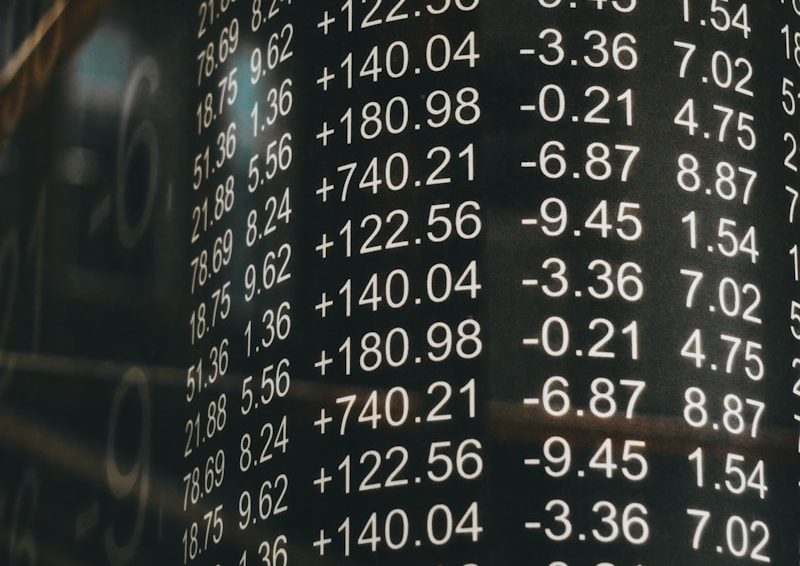The Government Pension Investment Fund (GPIF) of Japan has reported a loss of $61.1 billion for the first quarter of 2023. This is the fund’s first loss across all asset classes since the middle of 2022. The loss was mainly due to the fall in the value of the US dollar.
The dollar fell by 4.6% against the yen during the quarter. This affected the value of GPIF’s international holdings. At the same time, global stock markets also went down.
The MSCI All-Country World Index fell by 1.7%. The S&P 500 dropped 4.6%. Japan’s Topix index also declined by 4.5%.
As a result, GPIF’s total assets decreased to $1.73 trillion. This is a 3.4% drop over the quarter. The loss comes as US trade tariffs have gone up.
Gpif reports first quarter loss
This has raised worries about a possible global economic conflict. It has also affected equity markets.
US Treasury yields went down during the quarter. This was because of the Federal Reserve’s higher-for-longer interest rate strategy. However, Japanese bond yields rose during the same period.
Despite the loss this quarter, GPIF still managed to achieve a positive annual return of 0.7% for the fiscal year ending March 31, 2025. GPIF has about half of its assets invested in foreign markets. This means it still faces risks from ongoing currency changes and trade tensions.
The US and Japan are currently working towards negotiating a new trade agreement. The GPIF’s losses show how global currency markets, equity performance, and geopolitical tensions are all connected. As the fund deals with these challenges, its long-term strategies for foreign investments and risk management will likely be closely watched.
Investors and policymakers will be keeping a close eye on any developments in US-Japan trade negotiations and global economic policies. These could have far-reaching effects on GPIF and other globally-invested funds.







